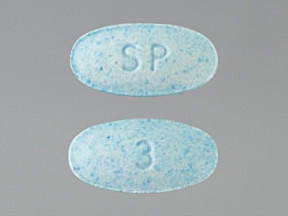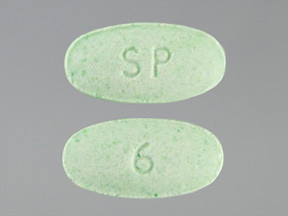DOXEPIN (SLEEP) - ORAL
PHONETIC PRONUNCIATION: (dox-EH-pin)
COMMON BRAND NAME(S): Silenor
GENERIC NAME(S): doxepin HCl
Uses
USES: This medication is used to treat a certain sleep problem (insomnia). It may help you stay asleep longer and reduce the number of times you awaken during the night. Doxepin belongs to a class of drugs known as tricyclic antidepressants. It is not known how this medication improves sleep, though it may be due to blocking histamine receptors.
How to use DOXEPIN (SLEEP) - ORAL
HOW TO USE: Read the Medication Guide provided by your pharmacist before you start taking doxepin and each time you get a refill. If you have any questions, ask your doctor or pharmacist. Take this medication by mouth, usually once nightly within 30 minutes before bedtime on an empty stomach, or as directed by your doctor. Do not take it within 3 hours of a meal because the effect of the medication will be delayed. Do not take this medication unless you are able to get a full night of sleep (7-8 hours) before you must be active again. Dosage is based on your medical condition, age, and response to therapy. Do not take more than 6 milligrams per day. Use this medication regularly to get the most benefit from it. To help you remember, take it at the same time each day. Tell your doctor if your condition persists or worsens after 7-10 days.
Side Effects
Precautions
Interactions
Overdose
Images
Reviews
Faq for DOXEPIN (SLEEP) - ORAL
Doxepin (Sleep) - Oral is used to treat sleep problems (insomnia). It helps you fall asleep faster, stay asleep longer, and experience a better quality sleep.
Doxepin (Sleep) - Oral belongs to a class of medications called tricyclic antidepressants. It works by affecting certain chemicals in the brain that may be imbalanced in people with sleep problems.
Common side effects of Doxepin (Sleep) - Oral include drowsiness, dizziness, dry mouth, blurred vision, constipation, and trouble urinating. These side effects are usually temporary and may improve as your body adjusts to the medication.
Doxepin (Sleep) - Oral may start working within the first few days of treatment, but it can take up to two weeks to experience its full effects. It is important to take the medication as directed by your healthcare provider for best results.
No, Doxepin (Sleep) - Oral is not considered habit-forming. However, it is important to follow your healthcare provider's instructions and not exceed the recommended dosage to avoid potential dependence or withdrawal symptoms.
It is generally recommended to avoid alcohol while taking Doxepin (Sleep) - Oral. Alcohol can increase the sedative effects of this medication and may cause excessive drowsiness and impairment.
Doxepin (Sleep) - Oral is usually prescribed for short-term treatment of sleep problems. Long-term use should be carefully monitored by your healthcare provider, as it may not be suitable for everyone.
The use of Doxepin (Sleep) - Oral during pregnancy and breastfeeding is not recommended. It is important to consult with your healthcare provider to weigh the potential risks and benefits before taking this medication.
Doxepin (Sleep) - Oral should be taken exactly as prescribed by your healthcare provider. It is usually taken within 30 minutes before bedtime. Avoid taking it with a high-fat meal, as this may delay its effects.
Disclaimer
IMPORTANT: HOW TO USE THIS INFORMATION: This is a summary and does NOT have all possible information about this product. This information does not assure that this product is safe, effective, or appropriate for you. This information is not individual medical advice and does not substitute for the advice of your health care professional. Always ask your health care professional for complete information about this product and your specific health needs.


No Reviews Yet